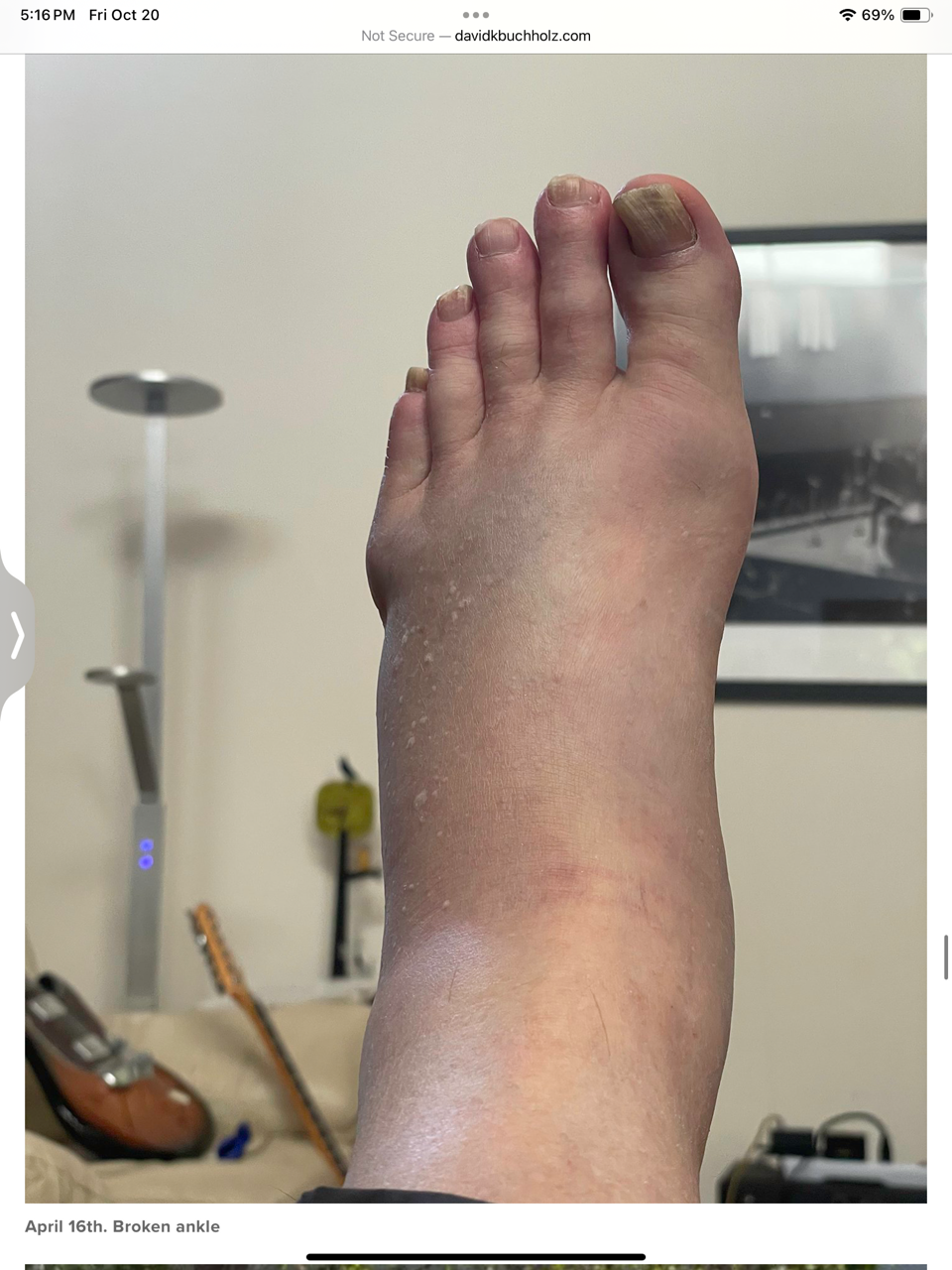Not.
Rosanne Leipzig is an expert on aging. Her book, “Honest Aging: An Insider’s Guide to the Second Half of Life,” examines what to expect in the latter half of life. I’m there. She says, “I think it’s time we say, ‘This is it; this is who we are,’ and admit how lucky we are to have all these years of extra time.”
I do.
Typically, predictable changes associated with aging “start to happen much more between the ages of 75 and 85,” she says.
Here are the highlights:
Older people often present with different symptoms than younger people when they become ill. (N/A)
Older people often react differently than younger people to medications. (N/A)
Older people have reduced energy reserves. Does napping count? Does yawning late morning or at 2:00 count? She suggests that the senses of taste and smell diminish. Not for me. Loss of appetite becomes common. I wish. The risk of dehydration increases. Gotta get me some water. Now.
The musculoskeletal system is less flexible. Balance is compromised. True that. The range of motion in joints contracts. Falls and fractures are more common. See broken ankle, April 2022.
Because of accumulated damage to hair cells in the inner ear, it’s harder to hear, especially at high frequencies. It’s also harder to understand speech that’s rapid and loaded with information or that occurs in noisy environments. Move this to the top of the list. In my hearing test I could only recognize spoken words correctly 66% of the time. That makes understanding Isla an impossibility.
Sleep becomes fragmented. It takes longer for older people to fall asleep, and they sleep more lightly, awakening more in the night. The nights I don’t awaken are few and far between.
It wasn’t that many years ago when Jadyne said to me, “You’re limping.” When my neighbor Cecile mentioned it I knew it was time to take a look. I tried exercises, a foam column, stretches, and after six months, an x-ray. “You’re a candidate for a hip replacement,” was the verdict. Done. I discovered that my deviated septum caused me constant stuffiness in my nose. A septoplasty followed. Done. I developed tinnitus overnight in both ears. No cure. My friend Chris had used the term “new normal” in describing the continuing series of physical downturns that had nested in me. What was implied was that the “new normal” was fluid, progressive, inconstant, and headed in only one direction.
Leipzig acknowledges the downturns. She concludes, “There is almost always something that can be done to improve your situation as you grow older, if you’re willing to do it.”
I am.
Two days a week I take at least a five mile walk through the East Bay Hills. One day Jadyne and I walk to Dorothy Day to feed the homeless. Three miles down, four hours on our feet, a bus ride home. I work in the yard, cut the grass, mulch, rake, and stay active outdoors. I go to Twenty-Four Hour Fitness three days a week, spend a half hour on a treadmill, then swim a mile. I read every day. I just finished 1400 pages of Tolstoy’s War and Peace. I do Wordle every day, Connections, too. I write in my Blog. When not taking photographs I’m adding to my knowledge by printing them, studying software. I am, as she recommends, improving my situation.
Leonard Downie, the former editor of the Washington Post keeps a journal chronicling his 80th year. He notes that Paul McCartney, Barbra Streisand, Brian Wilson, Lesley Stahl, Joe Biden, and Mitch McConnell are all 80. Nancy Pelosi is older. He said, “When you reach eighty, you’re playing with house money.”
In his journal he recounts numerous falls, a loss of balance, his naivete at falling for a computer scam, ugly swollen spots on his skin, occasional leg cramps, stiffness, forgetfulness, moody days thinking of mortality.
He concludes, “I’m defiantly not ready to retire or to fear the future.”
Retiring doesn’t mean stop doing the things you love. And fearing the future? No. I’m not eighty yet, but I am enjoying play with the house money.
